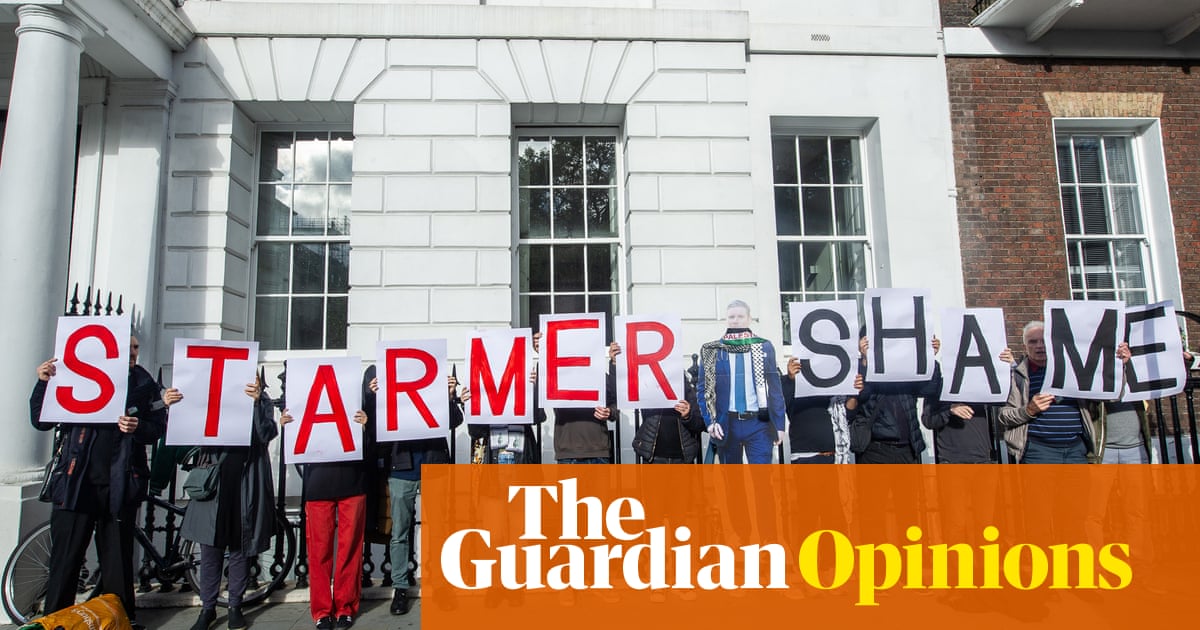
Across the country their reputation is rotten. But it wasn’t always this way – councils’ radical past should point the way forward
ear where I live is a corner of regularly updated graffiti about the activities of my local authority, the London borough of Southwark. The writing is always connected to the council’s deals with the property developers Lendlease and Delancey, which have included demolishing a large council estate to build several skyscraping “luxury flats”, and more recently attempting to pull down a 1960s shopping centre that has become a hub for the local Latin American community.
The graffiti is usually rubbed out quickly, so you have to move fast to document it; for a few days, it referred to a Labour councillor involved in selling off a 25-acre council estate that was home to more than 1,000 low-income tenants as a “toenail” (since the estate was redeveloped, many of the new apartments have been sold to foreign investors).
Labour leadership candidates have extolled the importance of local councils. For Keir Starmer, local government is the “frontline of Labour politics” – and councillors are often the first “to identify new solutions”. Listening to Lisa Nandy, one might assume that Labour councils were held in high esteem – so much so that their voices should be made permanent in the party’s NEC.
Hearing candidates speak about the importance of local government, I thought of that graffiti. I also thought of the abundant reports from towns in the Midlands and the north that have been run with barely any interruption by the Labour party since the 1930s. Former Labour voters polled for the recent Ashcroft report said that Labour councils were “run down” and “shocking”, and that Labour councillors “stab you in the back”. I’m reliably informed that in Bolton, the 2017 Tory campaign centred locally on the slogan “Labour have ruined Bolton, don’t let them ruin Britain”. To campaigners on the ground during the 2019 election, it was clear that councils were rivalled in their unpopularity only by Jeremy Corbyn.
This is the desired result of decades of Conservative policy. Until the 1980s, Labour councils were the testing ground for the party’s policies in government. Mass council housing, the NHS and much of the welfare state were first trialled in places as diverse as the London County Council and the pit villages of County Durham. Radical socialist ideas about democratic planning, international solidarity and multiculturalism came from insurgent councils such as Poplar in the 1920s, Clay Cross in the 1970s and the Greater London Council (GLC) in the 1980s, respectively. Confrontations with central government were often dangerous for those involved. When Poplar’s council defied central government’s tax collection in 1921 to raise revenues for local poor relief, 29 councillors were sentenced to imprisonment. In Clay Cross, when the council rebelled against a 1972 government act that would increase council rent, 21 councillors were banned from office. And when Ken Livingstone’s socialist policies put the GLC in the firing line of Margaret Thatcher’s government, it was abolished.
During the postwar period, councils were run as local, social democratic states. For a brief period in the 1980s, the GLC showed that local government could be a fertile test bed for radical experiments in socialist democracy. Both prospects were equally threatening to the Conservative government of the 1980s. Thatcher’s introduction of “rate-capping”, which curtailed the tax-raising powers of local housing, made experiments in municipal socialism almost impossible. The introduction of right to buy, a hallmark Thatcherite policy, shrunk the availability of council housing and put an end to the dream that local authorities could provide shelter and security for all their constituents. Under the influence of American new public management theories, local councils were disciplined to act more like businesses, and the public sector started to believe that it couldn’t do anything properly – which, unsurprisingly, became a self-fulfilling prophecy.
Although New Labour briefly turned the funding taps back on in the 2000s, allowing local councils to borrow money more freely, these reforms came with strings attached: public finance initiatives, league tables and outsourcing. Since 2010, council spending on local services has plummeted. Almost a decade of Conservative austerity has drastically cut council budgets and hollowed out local services. According to a 2019 analysis by the TUC, councils in England are spending £7.8bn less on key services than they did in 2010; of the 20 councils with the largest funding gaps, 18 are controlled by Labour.
Austerity is grinding on – it has cut too deep to ‘level up’
John Harris
John Harris
Read more
There have been some ingenious responses to these straitened circumstances from certain quarters. The formation of a municipal building company in Norwich to get around the deliberately harsh rules on council building is one example. Elsewhere, councils such as Preston have defied a familiar story of dependency on outsourcing and outside investment. Perhaps not coincidentally, the town was a notable exception to Labour’s appalling general election results in the non-metropolitan north west. Even Nandy’s proposal to divert funding from local enterprise board quangos to councils would be a move towards greater local democracy. But she will likely recognise that councils have become a redoubt for the Labour right, a conservative force resistant to change or new ideas.
Today, councils with radical agendas face extreme challenges. Though the “Preston model” has much to teach depressed northern and Midlands towns, London councils instead face an enormous resource curse, with local authorities subsidising new council housing by building towers for millionaires. Even supposedly leftwing councils such as Momentum-controlled Haringey are funding themselves by selling off land to a giant developer.
But there are signs of hope. Liverpool’s mayor, Joe Anderson, has already said the city will refuse to implement any more cuts. Faced with a crisis in social care and homelessness, it seems likely that a new generation of Labour councillors may start to repeat the slogan of the Poplar councillors in the 1920s: “better to break the law than to break the poor”. Will the party leadership be supporting them?












